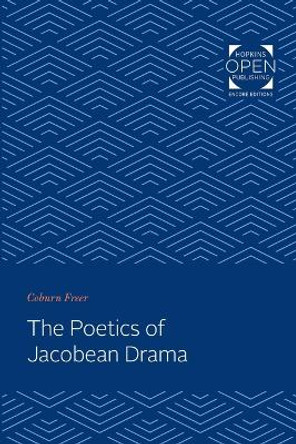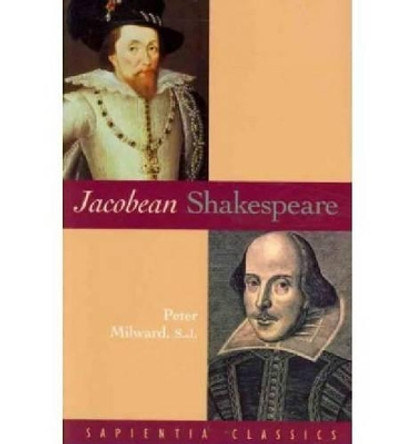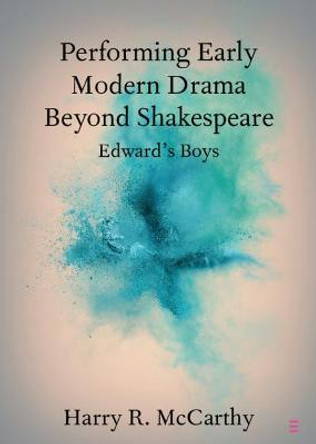Unpicking the ecopolitics of Shakespeare's plays at the Stuart court, Shakespeare Beyond the Green World establishes that the playwright was remarkably attentive to the environmental issues of his era. As a court dramatist, he designed his plays to captivate a patron deeply involved in both the conservation and exploitation of a burgeoning empire's natural resources. Spurred by James' campaign to unify his kingdoms, the Jacobean Shakespeare ventures beyond the green and pleasant lowlands of England to chart the wild topographies of an expansionist Great Britain: the blasted heath in Macbeth, the caves and mines of Timon of Athens, the overfished North Sea in Pericles, the Welsh mountains in Cymbeline, the Arctic fur country in The Winter's Tale, the fens in The Tempest, overcrowded London and empty Ulster in Measure for Measure and Coriolanus, and the night in Antony and Cleopatra and King Lear. While these plays often simulate a monarch's-eye-view of the natural world, they also reveal that Crown policies were fiercely contested from below. In addition to trekking beyond verdant landscapes, Shakespeare Beyond the Green World seeks to mitigate the Anglocentric and anthropocentric bias of the archive by putting the plays into conversation with texts in which the subaltern wild growls back. Combining deep dives into environmental history with close readings of Shakespearean wordplay, original typography, and original performance conditions, this study re-wilds the Renaissance stage. It spotlights Shakespeare's tendency to humanize beasts and bestialize allegedly godlike monarchs, debunking fantasies of human exceptionalism. By clarifying how the Jacobean plays expose monarchical dominion as ecological tyranny, this study remains scrupulously historicist while reasserting Shakespearean drama's scorching relevance in the Anthropocene.
About the AuthorTodd Andrew Borlik studied English Literature at Washington University in St. Louis and Keble College, Oxford, before earning his doctorate from the University of Washington in Seattle. After five years as an Assistant Professor at Bloomsburg University in Pennsylvania, he is now a Reader in Renaissance Literature at the University of Huddersfield. He is the author of Literature and Nature in the English Renaissance: An Ecocritical Anthology (Cambridge, 2019), Ecocriticism and Early Modern English Literature (Routledge, 2011) and over a dozen scholarly articles in publications such as Shakespeare Quarterly, Shakespeare Survey, Shakespeare Bulletin and The Shakespearean International Yearbook.
ReviewsShakespeare Beyond the Green World is a bold attempt to bring the Anthopocene into conversation with the early modern in ways that are not exclusive to critical idioms but far reaching, wide ranging, and richly informed. * Charlotte Scott, The Spenser Review *
Todd Borlik's excellent book consists of an introduction, 'From Tudor England's Green World to Stuart Britain's Iridescent Empire', which first offers a necessarily brief overview of the history of ecocritical engagement with Shakespeare and then suggests that there have been four main waves and declaring a willingness to take ideas from all of them as well as from other approaches and theories. * Lisa Hopkins, Shakespeare Quarterly *
Book InformationISBN 9780192866639
Author Todd Andrew BorlikFormat Hardback
Page Count 304
Imprint Oxford University PressPublisher Oxford University Press
Weight(grams) 1g
Dimensions(mm) 242mm * 160mm * 19mm







